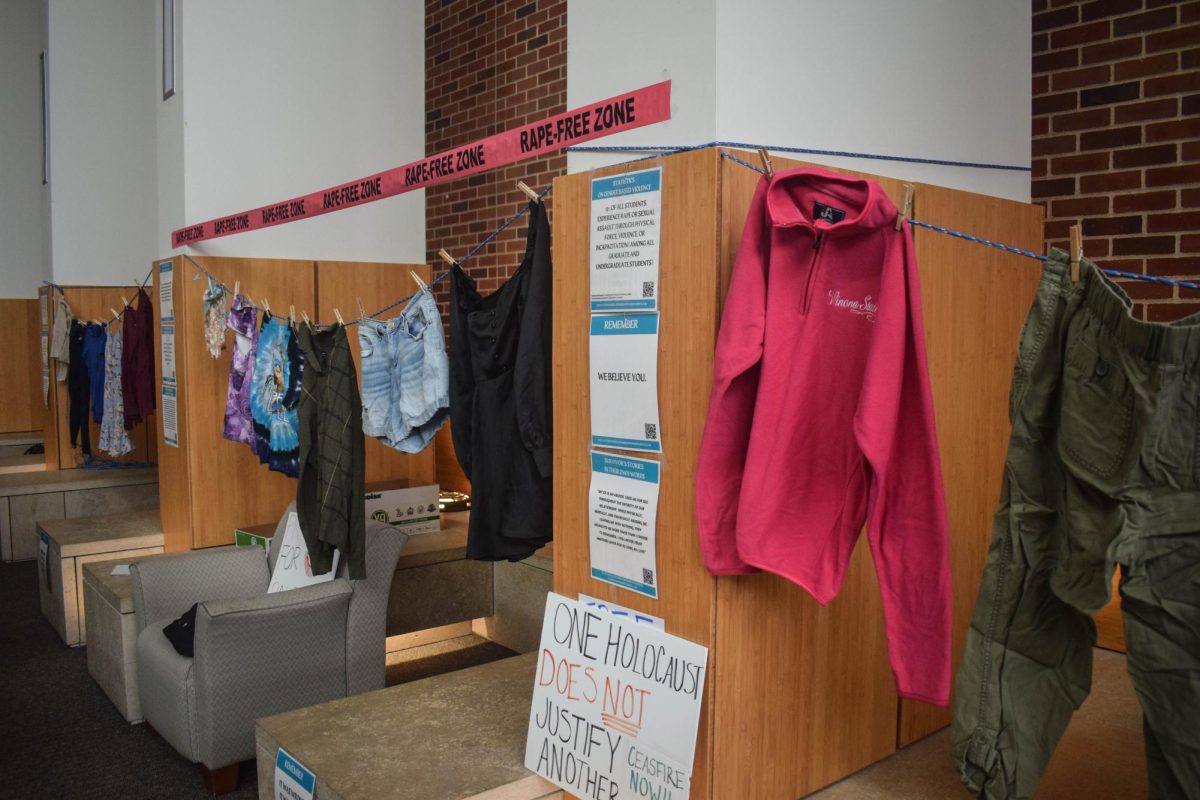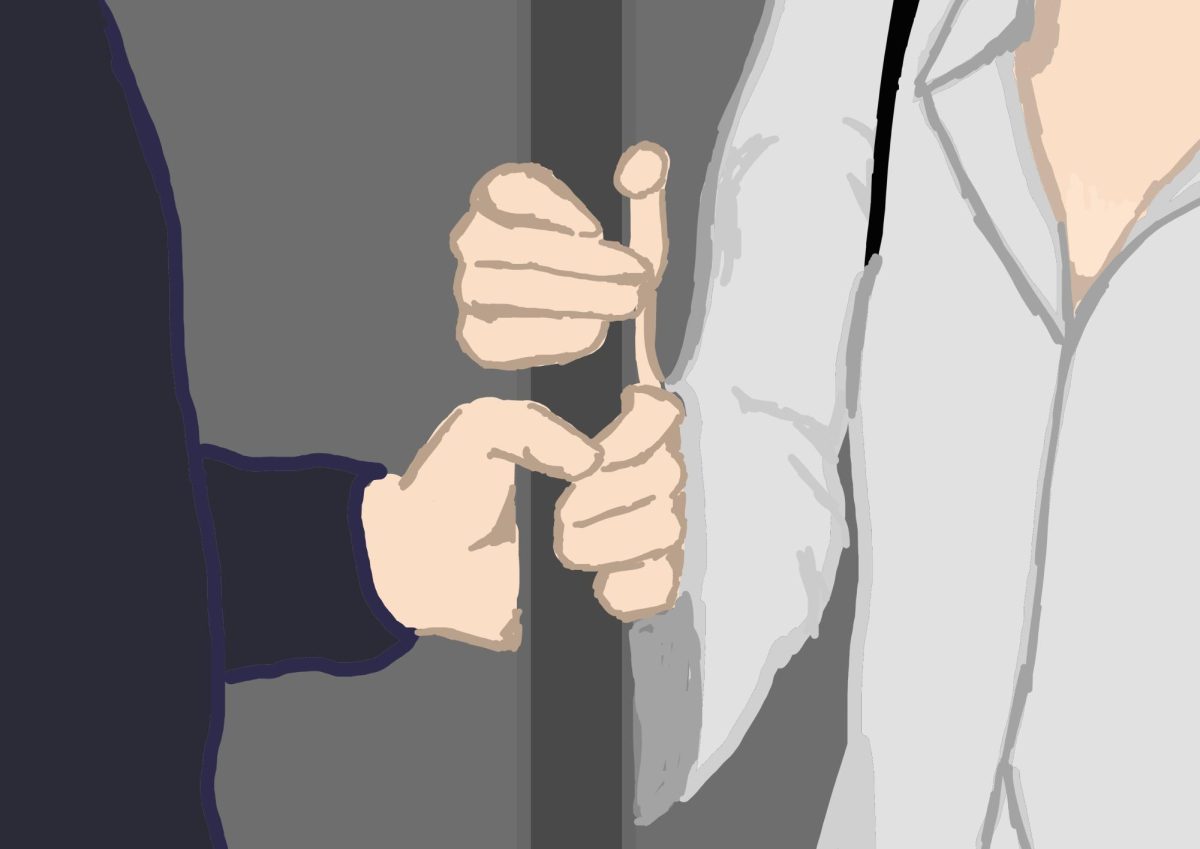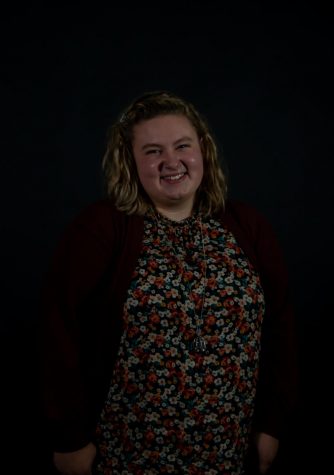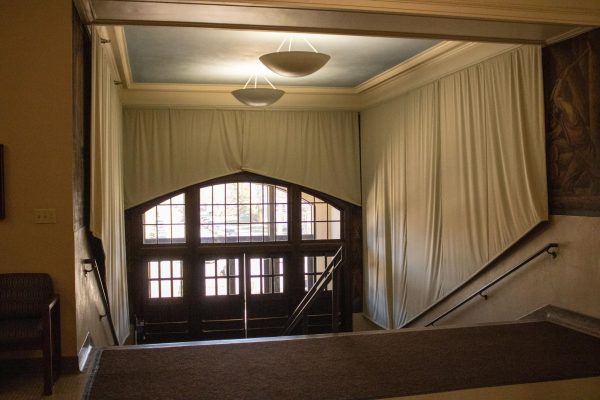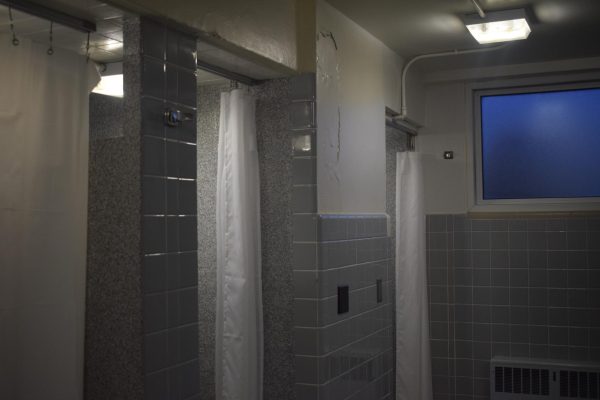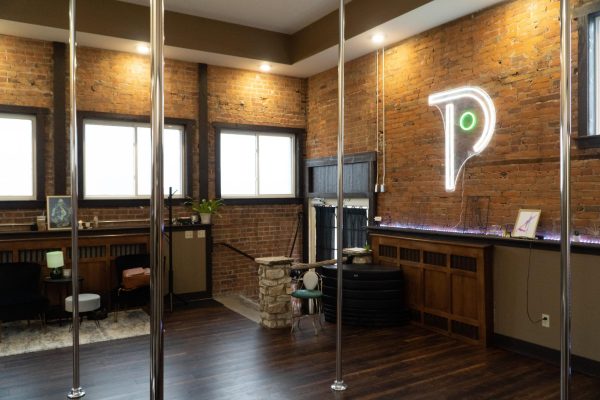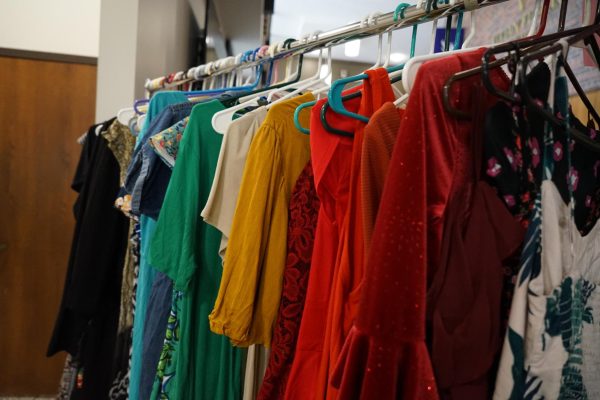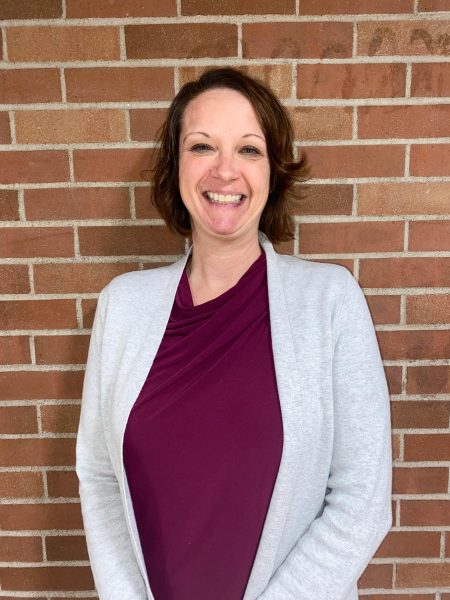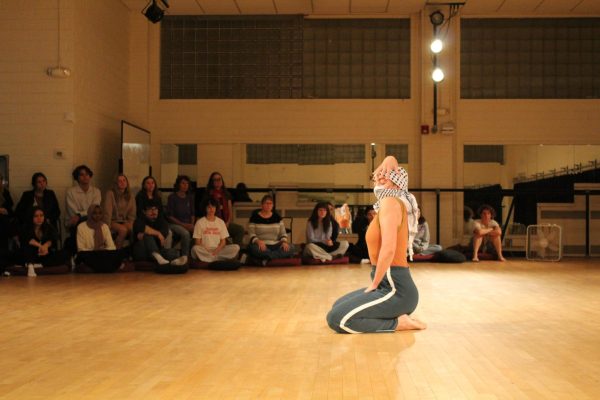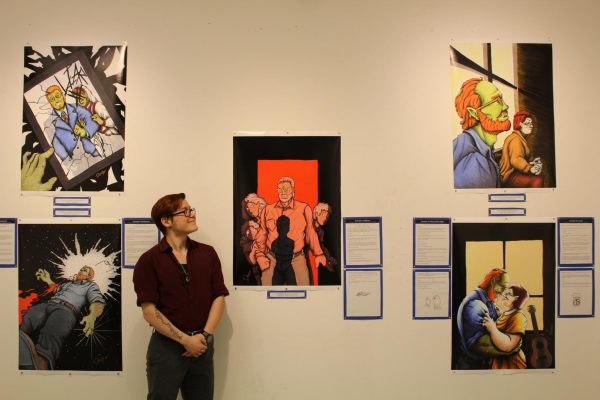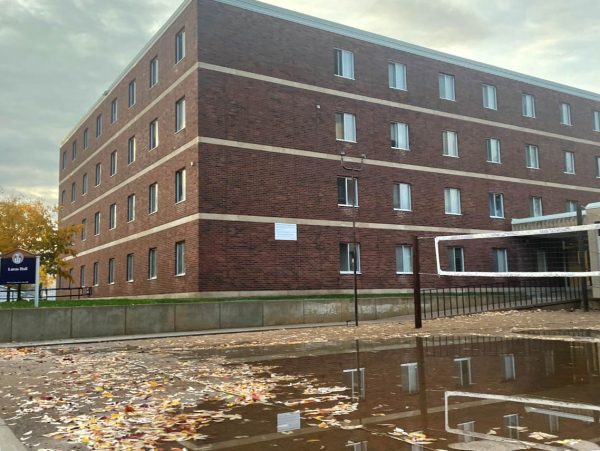What to expect in crisis counseling: Part II

April 1, 2020
As the conversation around college campus sexual assault grows across the country, Winona State University counseling services has made changes to better serve the immediate needs of those recently assaulted.
When students come into the Integrated Wellness Center for counseling, they are put into the computer system, along with information like age, gender and an emergency contact. However, counseling services also asks students two questions: “Would you be at risk to hurt yourself or others if not seen today?” and “Have you been sexually assaulted within the past two weeks?”
Kateri Johnson, interim director for counseling services, explained why the two-week limitation exists for the crisis counseling option.
“We recently added the ‘within two weeks’ because some people are coming in and saying, ‘Well, I was sexually assaulted two years ago or a year ago. So, people would mark that, but they wouldn’t necessarily need to be seen right away,” Johnson said. “That’s maybe what they’re coming to counseling for, but it wasn’t an immediate need. So, we did specify the two weeks because that is more of a crisis.”
Johnson said that even with the two-week limitation to immediate help, the counseling office sees a consistent number of students per week who have experienced sexual assault. However, the needs of each student seem to vary based on their situation, so a student’s path through the counseling system can look very different depending on what they require. While some come directly to counseling services of their own volition, others are referred from professors, RAs, friends or health services. Regardless of how the person got to counseling services, Johnson says the questions they ask are generally the same to establish if they are in a safe situation.
“[We first ask] are they safe wherever they are living, whether it’s in the residence halls or off campus,” Johnson said. “Do we need to talk about a plan to get you moved out of your room or your house? And then, do they want to report? We talk about that with them and what that would look like to report here on campus or to a police officer.”
If a student is interested in reporting the assault to Winona State, Johnson says the counselor will get them in contact with Title IX director, Lori Mikl, who will then walk them through the process as a neutral reporter to the university. If they wish to report to the police, the counselor will again walk them through the process. In the event a student wishes to file charges, the counselor would connect the student to the Advocacy Center of Winona, previously the Women’s Resource Center.
According to the Advocacy Center of Winona website, the center offers many services to those suffering from domestic violence or sexual assault, such as legal referrals, emergency housing, help filling out Orders for Protection and Harassment Restraining Orders and assistance to survivors through trial. According to Johnson, the Advocacy Center is most able to assist survivors in court proceedings.
“What they can do is they can actually send an advocate over to meet with them and talk more in depth about that process and then be with them through the whole process,” Johnson said.
Regardless of what they want to do within the legal system, survivors have access to a Sexual Assault Nurse Examiner, or SANE nurse. Students are offered sexual assault evidentiary exams, or rape kits, by this nurse, who is trained in the medical, psychological, and forensic examination of a rape survivor. These nurses are just down the hall from the counseling services center.
There are many survivors who may not want to press charges or interact with law enforcement. Students still has access to a range of services and assistance. If the student has missed a lot of class, has a hard time concentrating, is in classes with their assailant or is in need of other academic assistance, the counselor will help get the student in contact with people who can ensure that student can pass their classes and continue their education at Winona State University.
The opinions expressed in this paper are not necessarily those of Winona State University, the Minnesota State Colleges and University system, or the Winona State University student body.














